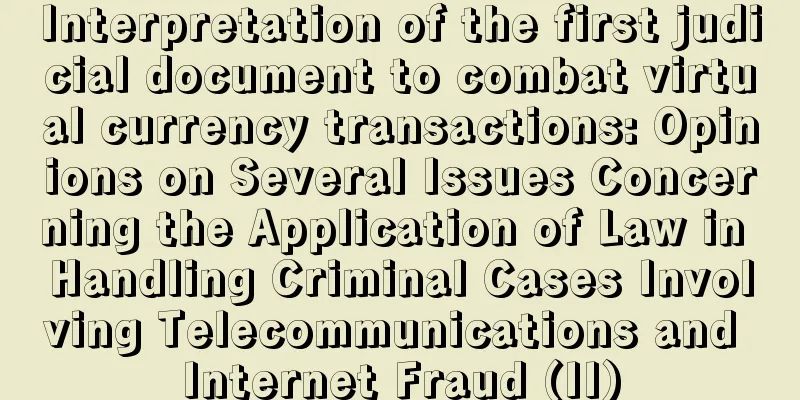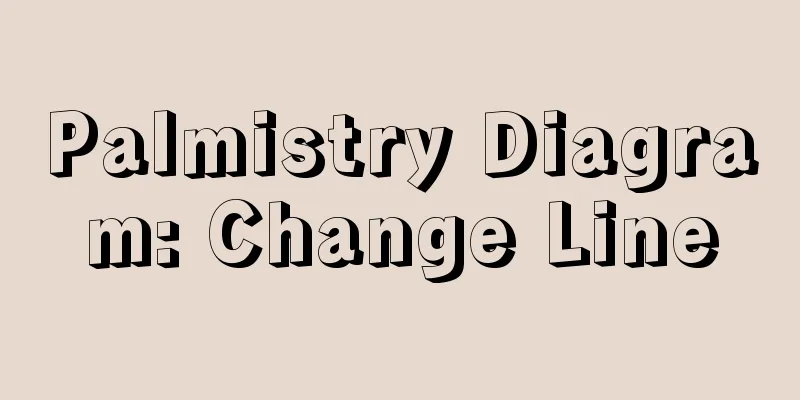Boston University researchers explore whether digital currencies can solve remittance problems in conflict zones

|
Can digital currencies improve the financial situation of war-torn countries? Boston University’s Center on Finance, Law, and Policy convened a task force to explore this question. According to an October 2013 report on remittances in regions plagued by conflict and instability, the report specifically focused on the Middle East and Africa and did not analyze digital currencies. Digital currencies have been heralded by many observers, from federal central banks to major credit card networks, as a potential game-changer for world remittances, despite opposition from practitioners. Organizations like the Bill and Melinda Gates Foundation have also begun looking at using blockchain to develop new payment methods for the unbanked. The research group, led by Daivi Rodima-Taylor and William W Grimes of the Center for Finance, Law and Policy, an interdisciplinary research group focused on finance issues, recently formed a task force to study Bitcoin, blockchain and how Bitcoin can be used to address formal and informal remittances around the world. The task force was chaired by Circle's John Beccia and included fellow Circle community manager Chris DeRose, Pillsbury Winthrop, Shaw Pittman attorney Marco Santori, and entrepreneur Joshua Unseth. Rodima-Taylor believes that the financial infrastructure in conflict zones is very fragile, especially central banks, and digital currency as a technology can be used to improve the current remittance situation. She told CoinDesk:
According to Grimes, the task force, formed by the Center on Finance, Law and Policy “is designed to understand the potential of mobile and digital technologies to address remittance issues in developing countries, as well as any potential legal and political implications,” and will also focus on studying other forms of electronic remittances, such as digital currencies (Bitcoin). Digital remittancesAccording to the research group’s latest statement, digital currencies like Bitcoin “are creating more opportunities for more efficient ways to send remittances” while also “posing certain risks and challenges.”
Like hawala, a trust-based payment system that dates back to the Middle Ages, Rodima-Taylor says informal liquidity “draws on existing social institutions and culturally embedded networks of groups.” She added:
Conflict breeds innovationRodima-Taylor also cited past examples, including the development of informal remittance channels in Somalia during the region’s long civil war in the 1990s, of timely leveraging new technologies to address remittance challenges in such situations. She added:
Rodima-Taylor continued, Somalia's remittances have long been seen as an initial model of a mix of private informal and public formal remittances. “The examples of Afghanistan and Somalia suggest that innovative local combinations of existing remittance institutions and new technological opportunities can leverage their adaptive potential, even in the context of widespread conflict,” she told CoinDesk. “They can also generate new opportunities for formal sector engagement and provide viable hybrid remittance options.” Low acceptance rate raises concernsGrimes told CoinDesk that, right now, digital currencies have not yet achieved the level of widespread acceptance that they could have in reducing the costs of remittances. Individuals must use government-backed currencies to purchase digital currencies, adding an extra step that adds additional expense and risk. “Currently, the main problem with digital currencies when it comes to remittances is acceptance. Any remittance must be handled in fiat currency, which brings transaction costs and currency risk,” Grimes said. “In addition, the volatility of Bitcoin prices also makes it a poor store of value.” He said that if digital currencies can be widely adopted, the potential advantages of digital currencies will be fully realized:
---- |
<<: Amiko Pay, a small payment channel solution similar to the Lightning Network
>>: The most important Bitcoin conference - Scaling Bitcoin was held in Hong Kong today
Recommend
The correlation between the Fed’s rate cuts and the bull market
Some thoughts on leaving messages: In my current ...
Cryptocurrency is no longer popular: Only 21% of Americans are willing to invest in it
Cryptocurrencies are losing popularity among U.S....
GigaFile free network disk supports 300G large file sharing and can be used without registration
As a well-known free online disk service in Japan...
Why do men say that having moles in their hair indicates wealth and good fortune?
Moles can also grow in the hair, but many people ...
The location and fate of moles-what does a mole on a woman's hand mean
People with moles on their hands have very good f...
The stock price soared 6.5 times in 3 months, miners earned 300 million a day, which industries will benefit from Bitcoin?
Source: China Securities Original title: "Cr...
How to tell a person's personality from his nose
It is generally believed that there is no necessa...
What does a crooked mouth mean? What kind of mouth shape is best?
The mouth is a very important part of the face, s...
What does it mean to have a hump nose?
People with hump noses tend to offend others easi...
Is your nose a money-scattering nose?
In physiognomy, the nose is called the palace of ...
Woman with mole on lips
I used to often hear people say “no moles on the ...
Is it good for a woman to have protruding ears?
Many people think that protruding ears are not be...
What does a mole on the lower abdomen mean? Can a woman with a mole on the lower abdomen give birth to a son?
One of the factors that influence destiny is the ...
What does a mole on the sole of a woman's foot mean?
We all know that there are more or less moles in ...
Is a full forehead a sign of good fortune? Is it good for a woman to have a full forehead?
As one of the traditional physiognomy techniques, ...









